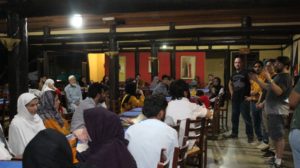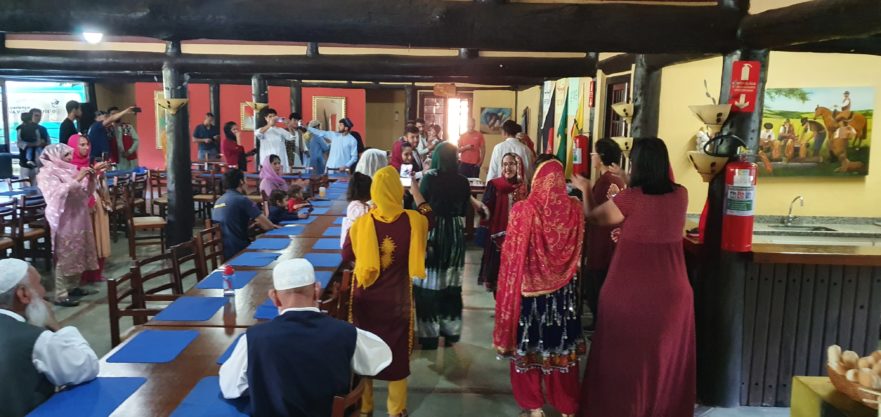Afghanistan has historically been religiously diverse, however after the Taliban took control of the government in the mid 1990s, most non-muslims left the country. Today, almost the entire population is Muslim (approximately 85% Sunni and 15% Shia). The balance of those living in Afghanistan, under 5%, are Hindus, Christians, Sikhs, Buddhists, Baha’is and others.
The Taliban took control of the country in August of 2021 and religious freedom worsened. For the first time since 2001, The United States Commission on International Religious Freedom (USCIRF) 2022 annual report recommends to the U.S. government that Afghanistan be identified as a “Country of Particular Concern” (CPC). This designation would call out Afghanistan for engaging in systemic, ongoing, and egregious violations of religious freedom, as defined by the International Religious Freedom Act (IRFA).
Here is a USCIRF key finding: “Reports indicate that the Taliban continue to persecute religious minorities and punish residents in areas under their control in accordance with their extreme interpretation of Islamic law. USCIRF has received credible reports that religious minorities, including nonbelievers and Muslims with differing beliefs from the Taliban, were harassed and their houses of worship desecrated. By year’s end, the one known Jew and most Hindus and Sikhs had fled the country. Christian converts, Baha’is, and Ahmadiyya Muslims practiced their faith in hiding due to fear of reprisal and threats from the Taliban and separately from the Islamic State-Khorasan Province (ISIS-K).”
Since the Taliban takeover, Voice of America reports that due to increasing vulnerability over 300,000 Afghans fled to Pakistan, most illegally. In addition, over 120,000 were evacuated to the United States and ally countries. Despite challenging circumstances, NGOs and faith networks have also stepped in to lend critical assistance to those fleeing Afghanistan, including future movements of Afghan refugees.
21Wilberforce has helped connect Afghan refugees with other NGOs for evacuation efforts in Brazil and we built solutions in Brazil to overcome concerns identified with visa approval. Brazilian government runs no funds nor a hosting resettlement project in Brazil. However, Brazilian authorities wanted to be sure Afghans coming to Brazil would not be in need or face danger in Brazil. There was an opportunity to bring civil society to help assist Afghan refugees.
We connected with different NGOs in Brazil. Also, we encouraged Brazilian Baptists to launch a new project (Vila Minha Patria, in Morungaba, State of São Paulo) to receive/host/help/sponsor them, including Portuguese classes and helping integrate them into society. Further, we connected the Brazilian diplomatic body to ensure NGOS would assist the refugees so visas could be granted, enabling them to travel to Brazil.
A group of 53 Afghans, including many children, were granted Brazilian humanitarian visas and they arrived in Brazil on April 19 to start a new life. The refugees are mostly Hazara Muslims who worked for an American NGO that for 13 years has helped widows and orphans with successful income generation projects in Afghanistan. The NGO remained highly active in finding solutions to move people out of Afghanistan. They faced particular threats and were hiding in Afghanistan until they could obtain all legal documents to exit to Pakistan, then to Brazil.
21Wilberforce Senior Fellow and Latin America Ambassador, André Simão, recently traveled to São Paulo to meet with the group. During that time they were celebrating Iftar (end of Ramadan fasting). They were happy and grateful.
 Watch our 8 minute interview with 21Wilberforce Senior Fellow and Ambassador for Latin America, André Simão, to learn about his efforts to assist Afghan refugees.
Watch our 8 minute interview with 21Wilberforce Senior Fellow and Ambassador for Latin America, André Simão, to learn about his efforts to assist Afghan refugees.

